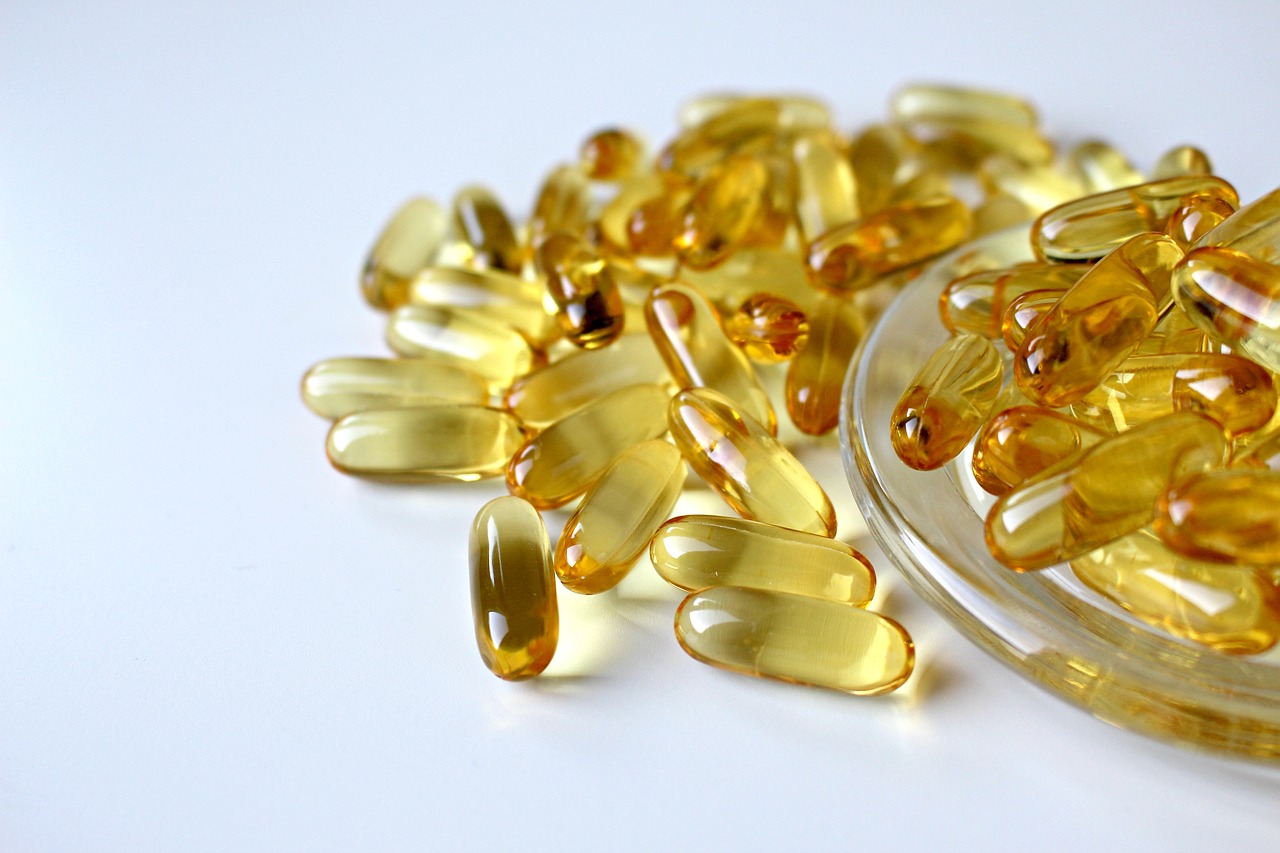For those who do not eat a diet rich in herbs and spices it is imperative that they use a balanced spice supplement in order to reduce the risk of developing Alzheimer’s and other degenerative diseases like cancer, heart disease and diabetes that are all associated with free radical damage, inflammation and the aging process.
Category: Wellbeing
Explore the Path to Optimal Health and Well-being
Herbs and spices are not only tasty but they offer many body and life enhancing benefits that often go ignored.
There are many treatment options, including diet options, herbal therapy and lifestyle choices that can make living with Crohn’s easy and comfortable.
Two super powerful herbs that can help slow the aging process, garlic and ginkgo, have proven to be effective in the treatment of cholesterol, cancer, Alzheimer’s, mental acuity, and anti-depressant-induced issues.
With similar, and often greater, benefits of green tea, white tea is a just as worthy of filling your mug.
Asthma is a common respiratory disease that affects people of all ages, and if not controlled it can be chronic.
Wheezing or chest feeling tightness, low fever or burning pain may occur near the breastbone. This results in another hurdle known as pneumonia.
Sinusitis is the blocking of the sinus passageways because of inflammation or excess mucus.
These are the Seven Helpers, as categorized per Dr. Edward Bach’s 12-7-19 flower essence method. It is said that with the Twelve Healers and the Seven Helpers, one can support transformation of many vibrational/emotional states.
The traditional use of coltsfoot as a treatment for coughs remains for centuries up to these days. As one of the most well-known treatment for coughs, coltsfoot is usually given along with the other herbs that possess some pectoral properties like Marshmallow, Horehound, and Ground Ivy, to mention a few.
In addition to rest and adequate fluid intake; such as, water, herbal teas and soup, there are many nutritional and natural remedies that help ease the inflammation of bronchitis and loosen phlegm.
Bed sores is a very common problem faced by many elderly or senior citizens of the world. But this condition it is not restricted to an old person. It can affect people who are bed-ridden, in a coma or immobile due to any reason.
Learn about bed-wetting, its causes, and effective solutions. Find out how to overcome this condition and regain your confidence.
Learn about dengue fever, its causes, symptoms, and transmission by the Aedes mosquito during the rainy season.
Explore effective home remedies for fever to help lower body temperature and alleviate symptoms like headaches and weakness.















